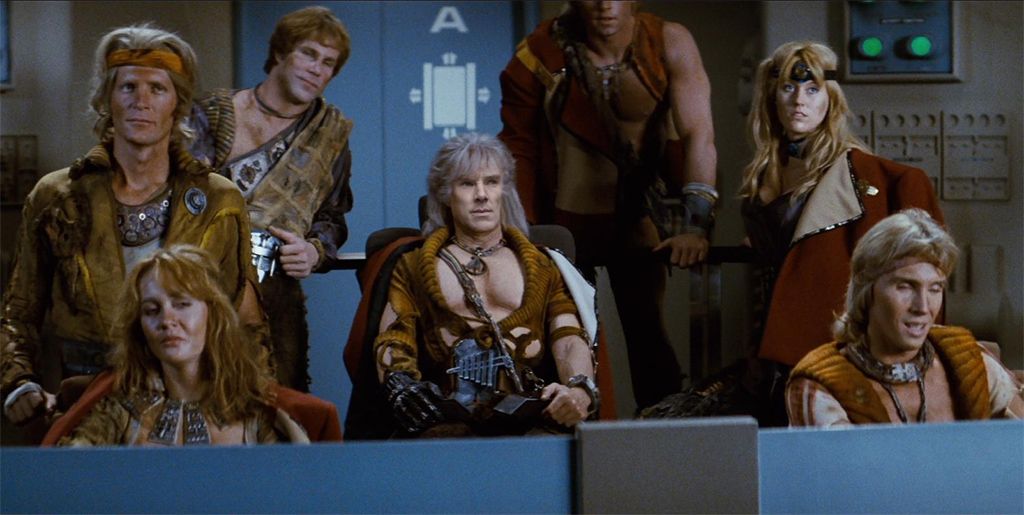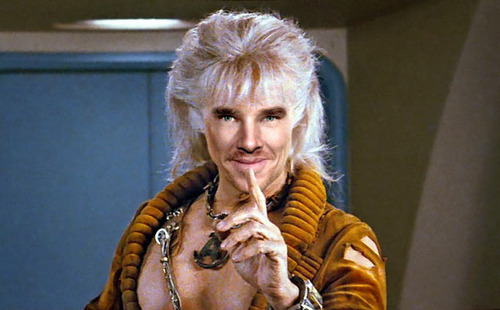I didn't want to put Into Darkness vs Wrath of Khan as the title of this thread, for fear of spoiling anything for anyone who hasn't seen STID yet.
I have to get this off my chest. I'm sick and tired of hearing that this movie was a Wrath of Khan ripoff from some fans. These 2 films couldn't be further apart from each other.
yes, ONE damn scene was lifted from TWOK, and yes Khan is used here. But there, the similarities end.
TWOK was about a Kirk who was facing the realism of aging, growing old in his life. Khan was out for revenge against Kirk for leaving him stranded on dead planet. Spock discovers the sacrifices one must make.
STID is about a young upstart Kirk, who through the course of the film, learns what you must truly do to earn to sit in the Captain's chair. This Spock is still going through the pain of losing his planet, of learning what it means to stay alive, and builds his friendship with Kirk through the film.
the film also deals with the effects from the 09 trek, with starfleet beefing itself up, and using Khan for its own means to an end. In the end, that blows up in its face. This Khan was pushed even further over the edge, than i think Prime Khan was.
So, really, these two films stand apart. They told completely different stories.




